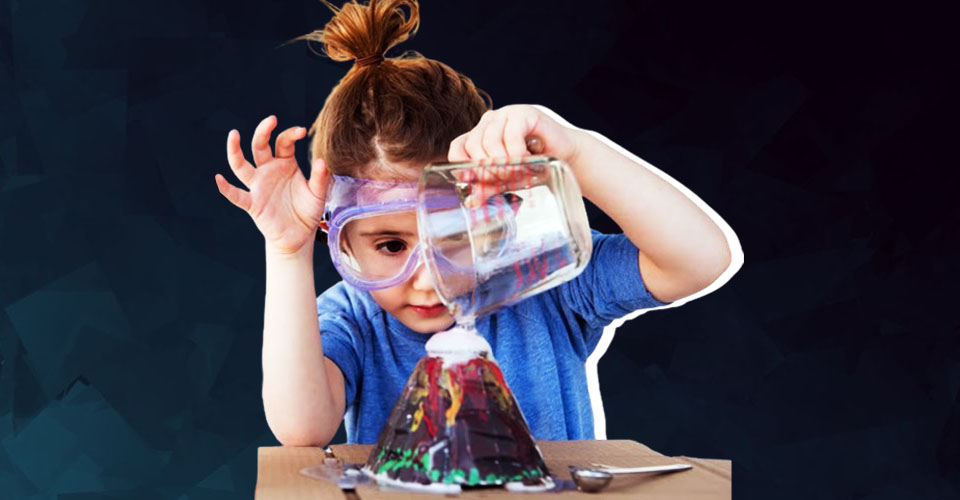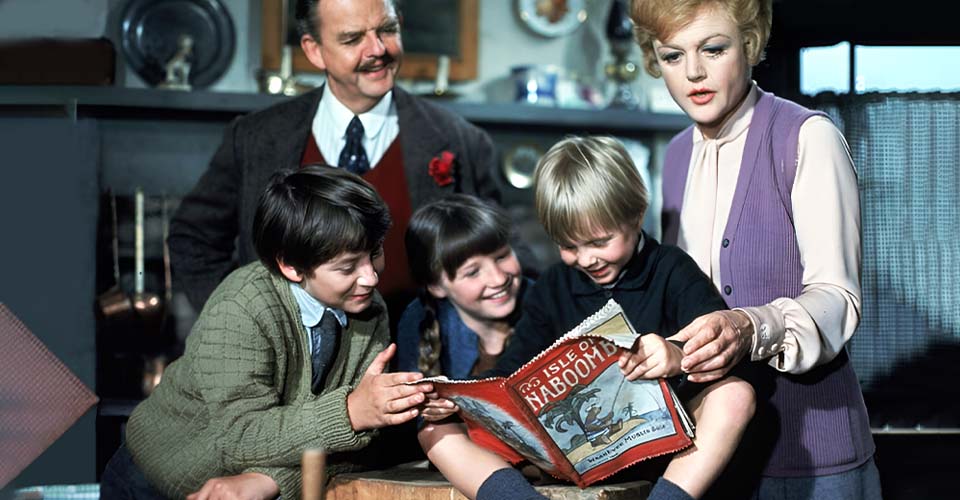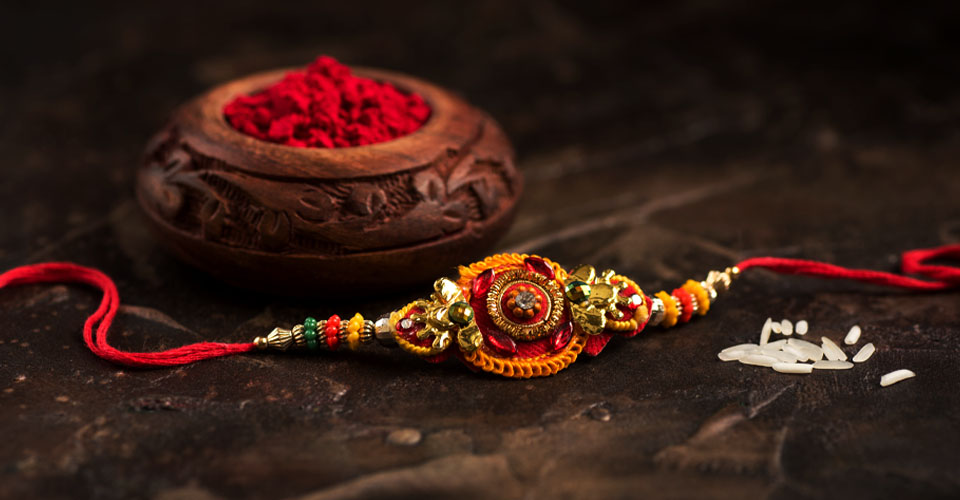The family is frequently considered the most important thing in an individual’s life, determining his or her earliest encounters and affecting his or her mental and emotional development.
Yet sometimes these close-knit connections to our relatives are what bring about conflict, misconceptions, and scars that run too deep to heal.
This article will discuss the importance of dealing with familial injuries while giving out five useful tips for healing family wounds.
Healing these types of hurts may be tough; it requires patience, self-appraisal or even expert help. Even so, this process should not be abandoned because apart from emotional freedom it also promotes personal growth and more robust relations that can withstand any storm.
Why Coping with Family Wounds Is Important?
Coping with Family Wounds is important for many reasons; it affects personal well-being and the overall dynamics of relationships.

Oftentimes, such wounds bring along great emotional distress. It is chronic stress that brings about anxiety disorders like this one and depression too, but when they are confronted one can get relief.
Emotional disturbance may show itself physically in such ways as; headaches, insomnia, and a weakened immune system among others. One of the tips for healing family wounds says to deal with these issues is by working on those caused by stress.
Unresolved past or present familial matters might cause misunderstandings thereby leading to conflicts within our relationships today. For us to have healthier happier relationships such issues should be looked into and we need to take active steps for coping with family wounds.
Tips for healing family wounds often suggest setting limits that safeguard us against additional damages. This is a crucial part of taking care of ourselves and preserving what we have left healthy in life.
It’s not easy dealing with family wounds but it’s necessary because through our own selves growth cannot take place unless we address them hence becoming satisfied individuals who live meaningful lives.
Read More: What Is Dysfunctional Family and 5 Powerful Strategies To Recover!
5 Helpful Tips for Healing Family Wounds
Healing the wounds of your family is a difficult process, but it is necessary for our emotional health and personal development.

Here are five helpful tips for healing family wounds:
1. Sympathize with Yourself
Be kind to yourself as you try to deal with wounds from growing up in your family. Understand that healing does not follow a straight path and it is normal to feel angry, sad or even frustrated.
Rather than suppressing them, embrace these emotions because they are part of the journey toward recovery which begins by recognizing one’s pain. To affirm this idea, engage in positive self-talk saying that I know I can’t do it all at once but at least am doing something; let alone permitting myself not to rush things through when they take time.
Another thing about being compassionate towards oneself involves surrounding oneself with people who are sensitive enough to appreciate what one is going through and therefore encourage him or her on their way out of such situations where necessary.
What’s more, treating yourself kindly and understandingly like you would do for a close friend during tough times has been proven greatly helpful in facilitating personal growth hence this should be taken into account always while striving towards recovery too.
2. Look for Help from Professionals
You may think about seeing a therapist or counselor who specializes in dealing with family systems and trauma if need be.
They have knowledge that could prove very useful for your situation thus providing tips on how best to handle different moments when feelings arise concerning relatives based on shared experiences.
It is important to understand that therapy might go deeper than just scratching the surface because its goal here is to expose any underlying problems to provide an opportunity for one to work through complicated emotions within oneself besides showing new ways of relating well with one family even if it means starting afresh sometimes but still keeping contact too.
In addition, they will equip you with skills that enable effective management of stress-related anxieties commonly encountered during periods characterized by increased interpersonal conflicts resulting from sibling rivalry among others.
You can also decide to attend group therapy sessions or join support groups where individuals share similar backgrounds as his/hers.
The recognition and validation from others who have been there too could serve as a powerful source of healing for all involved parties since no one understands better what it means to grow up in such environments than those directly affected themselves.
3. Coping with Family Wounds Through Forgiveness
Forgiveness is one of the most important tips for healing family wounds that we can give to you.

Please know that forgiving does not mean condoning or allowing for past hurtful behavior but instead freeing oneself from the emotional baggage caused by resentment and bitterness towards another person. It is like giving yourself a present— liberating you from negative vibes that trap one’s mind in the yesteryears.
In many cases forgiveness cannot happen all at once so take your time with this step; sometimes people need professional help too because their minds are clouded over by past events that they don’t want to talk about anymore before beginning anew. Begin by admitting what has hurt us most deeply and how it still hurts today.
Consider why someone may have acted as they did even if we disagree with those reasons ourselves while reflecting upon other people’s points of view — self-forgiveness requires understanding that all humans err and any blame laid on oneself only slows down the recovery process.
When we decide to forgive, we allow ourselves space to heal and move on in life – unchain our hearts.
Read More: 10 Harmful Excuses To Abuse By Toxic Parents! Watch Out
4. Establish Healthy Boundaries
Creating healthy limits is vital when safeguarding emotional health or nurturing positive relationships within families; this means making clear demands for what should be respected and refusing anything less.
Sometimes it might involve cutting off contact with toxic relatives forevermore, other times quitting conversation subjects during festive seasons that trigger bad memories… etcetera.
It doesn’t punish them but rather takes care of you so never think twice about setting boundaries can be difficult especially if you always put everybody else first thereby neglecting self-love as well but trust me it’s worth every bit of effort!
Think through personal principles plus safety requirements within partnerships where this applies best; remember being polite yet firm while communicating these restrictions will let others know where to draw lines hence protecting yourself from any further harm.
Always be aware of yourself and respect your needs while you continue setting these.
5. Put the Emphasis on Self-Care
Self-care should be your top priority during this time of healing. This is actually one of the helpful tips for healing family wounds as doing these things feeds your mind, body, and soul; whether it is being mindful, spending time in the outdoors, or engaging in hobbies that make you happy.
Take care of yourself physically by eating right, exercising regularly, and getting enough sleep. It’s also important to take care of your mental and emotional well-being. You can do this by participating in activities that help reduce stress levels or promote relaxation such as yoga, meditation, or journaling.
Surround yourself with friends and family members who support and inspire you to be better. Learn how to say ‘no’ when necessary – don’t overcommit yourself if it will only drain more energy from already depleted reserves!
Make sure there are plenty of moments throughout each day where joy fills up all corners inside so they overflow onto everything around outside too!
Remember that healing isn’t just for one part but every area must heal together simultaneously thus self-nurturing across the board becomes indispensable for attaining sound health. You have to identify what matters most in life and then take intentional actions toward meeting those needs while dealing with childhood traumas.
Read More: What Is Childhood Trauma? 4 Signs of Lingering Childhood Hurt
A Word From Mind Family
Healing wounds in the family is a journey that can be taken personally. This requires time, dedication and patience. It is important for mental health, self-improvement, and fostering good relationships with others.
Each one of these tips for healing family wounds contributes to an all-encompassing approach towards healing which ensures that you take care of your emotional as well as physical wellbeing.
At Mind Family we know how difficult it can be to deal with family scars but this is just part of growing up and finding oneself fulfilled eventually through love shared between people who are close-knit together under one roof called home.
You are not alone as you walk along this path; support whether professional or from friends and family members can change everything during the process of recovery.
Frequently Asked Questions (FAQs)
1. Why coping with family wounds is important?
Coping with family wounds alleviates emotional pain, reduces stress-related health issues, and fosters healthier relationships and personal growth.
2. What are some tips for healing family wounds?
Practice self-compassion, seek professional support, embrace forgiveness, set healthy boundaries, and prioritize self-care.
3. How does forgiveness aid in healing family wounds?
Forgiveness releases negative emotions, reduces resentment, and allows for emotional healing and personal peace.


















Leave a Reply